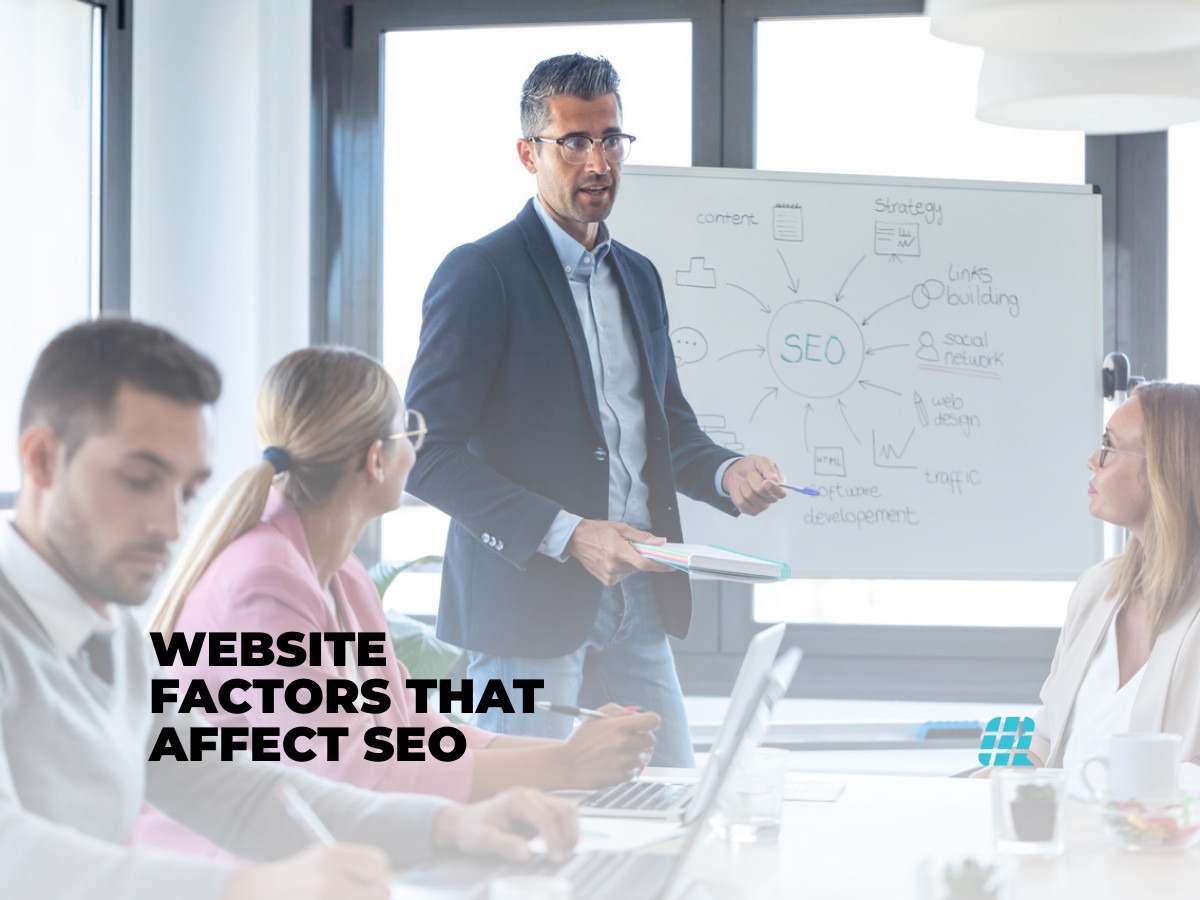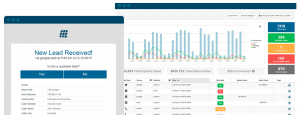Search Engine Optimization is generally comprised of two distinctly different
activities… optimizing the website itself , referred to as “on page”
optimization, and increasing the authority of the website in the eyes of the
search engines, referred to as “off page” optimization.
While both strategies must be employed for best effect, most SEO Consultants
begin with the on page optimization work before beginning their off page
optimization efforts.
In this article, I’ll cover some of the things that can be performed to your
website in order to increase its ability to achieve better rankings. First,
However, you must understand that each and every page of your website needs to be SEO’d. This will not pose too much difficulty if your website is rather small but if you have dozens (or hundreds) of pages, the work to be done will be substantial.
Here are eleven website factors that may affect your SEO:
Meta Title
Your “meta title” information is added to the page source (i.e. your website
coding). This may be done manually by your web designer or added through a
WYSIWYG editor if your site uses some form of Content Management System (aka CMS). On some dynamic platforms, the meta title is created automatically as soon as the page is published.
Generally speaking, your meta title should be kept relatively short (no more
than 60-80 characters) and should include the two-to-three keyword phrases you are specifically trying to optimize the page for.
Meta Page Description
Some may argue how much this affects SEO but there are other benefits to
writing a good meta page description as well. Google will only display the
first 156 characters (including spaces) of your page description so it’s best
to use that as your maximum length.
Your page description text should read well, include your primary keyword
phrase at minimum and be somewhat exciting. The page description will generally be shown to searchers just beneath the clickable title. If your description tells of a benefit or evokes curiosity in the reader, you will enhance your ability to get visitors.
Meta Keywords
Most will tell you that meta keywords are worthless when it comes to SEO and I would tend to agree. However, if you are going to add meta keyword information I would recommend that you keep the amount to no more than about five terms in total.
It’s bad practice to add dozens of meta keywords to each page and you may
actually get penalized for doing so.
On Page Content
Your on page content should be unique to your website if at all possible and
should also include the keyword phrases you are targeting. You don’t need to
worry about the specific “keyword density” anymore as that is mostly a thing of the past but it does help to include the terms you are specifically targeting
at least once.
Your Web Page URL
If your website architecture allows you to control the name of each page, it’s
best to see that it includes your primary keyword phrase.
If you were targeting the term, “search engine optimization,” for example, you
might cause the url to be: domain.com/search-engine-optimization or even
domain.com/search-engine-optimization.html
Both examples work quite well so use whatever version is easiest for you to
achieve.
Your Web Design
You may be surprised to see “web design” included in this list but it can
affect your SEO in a variety of ways:
- Your design should be attractive and professional so as to keep your
visitors on your site as long as possible . - Your coding should be as “clean” as possible and should validate with
the “W3C validation tool” whenever possible. - Your images and coding should be optimized so as to maximize the speed of your site. This is good for both SEO and human visitors… no one likes to needlessly wait.
On Page Link Text
As you can control your on page link text, you can increase your optimization
for a term by using the term in the text link that points to your other page.
The gain is generally considered minimal so this should only be done sparingly and only when the keyword phrase is relatively short.
Links Pointing To Other Sites
This topic may surprise you but most SEO Consultants agree… the search
engines’ believe that no one website is the “be all, end all” authority on a
topic and therefore expect a website to link to others on the same topic.
Of course, there is a downside to this practice… you may find that the visitor
leaves and never comes back. An intelligent strategy is to link to
informational only sites, like Wikipedia, that do not provide competitive
products or services.
Visit Duration
Many search engines now track how long your visitors remain on your site. The longer the average is, the more apt the search engines are to believe your site is relevant to the keyword phrase that brought them to your web page in the first place.
Visit Depth
In addition to visit duration, they can also track how many pages of your site
the visitor looked at before leaving and which specific page they exited from.
You can see this data for yourself when viewing your web stats and can use the data to help you improve your visitor’s experience.
Page Load Speed
I touched on this when I spoke about web design but your page load speed is
also affected by the speed of your web hosting. It may not be a major factor,
but the search engines are paying attention to how long your pages take to
load.
It makes sense, really. The search engines do their best to deliver the best
possible visitor experience and if your pages take forever to load, it’s easy
to conclude that many are probably irritated as a direct result.
If you address the majority of the topics contained in this article, you’ll be
on your way to well-optimized pages. With a strong SEO framework, you’ll find that your off page optimization efforts yield better, and quicker results.





No comment yet, add your voice below!